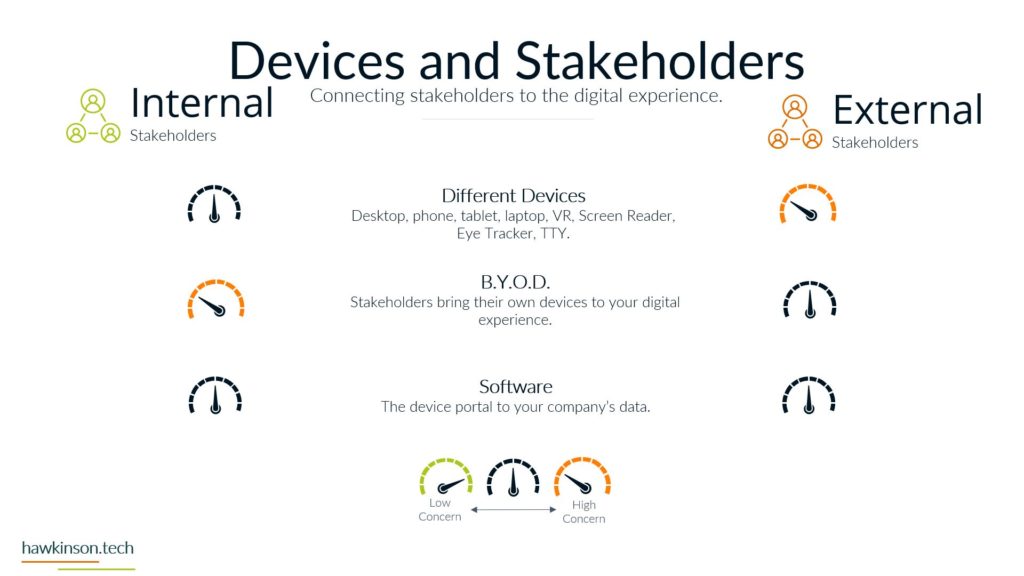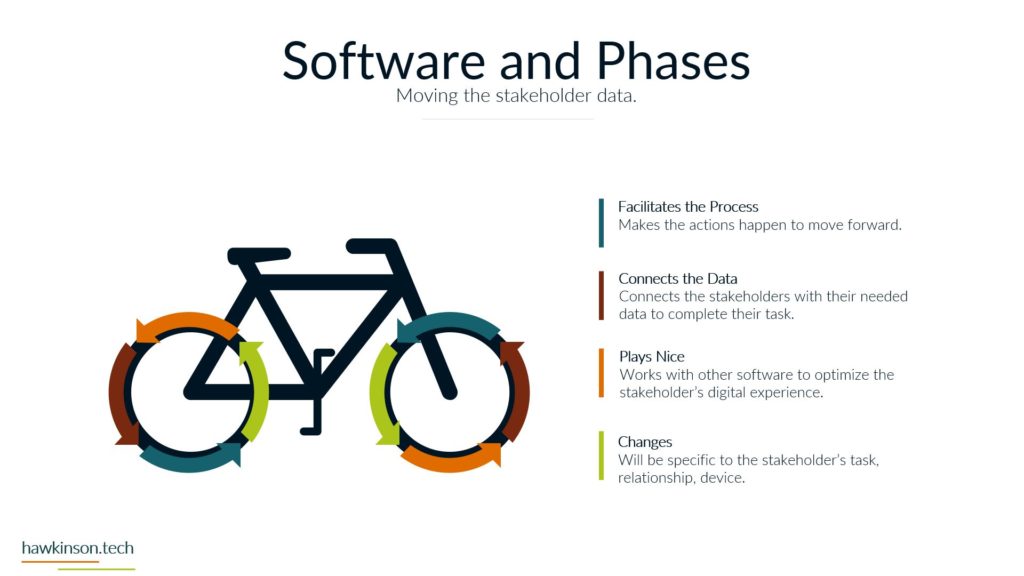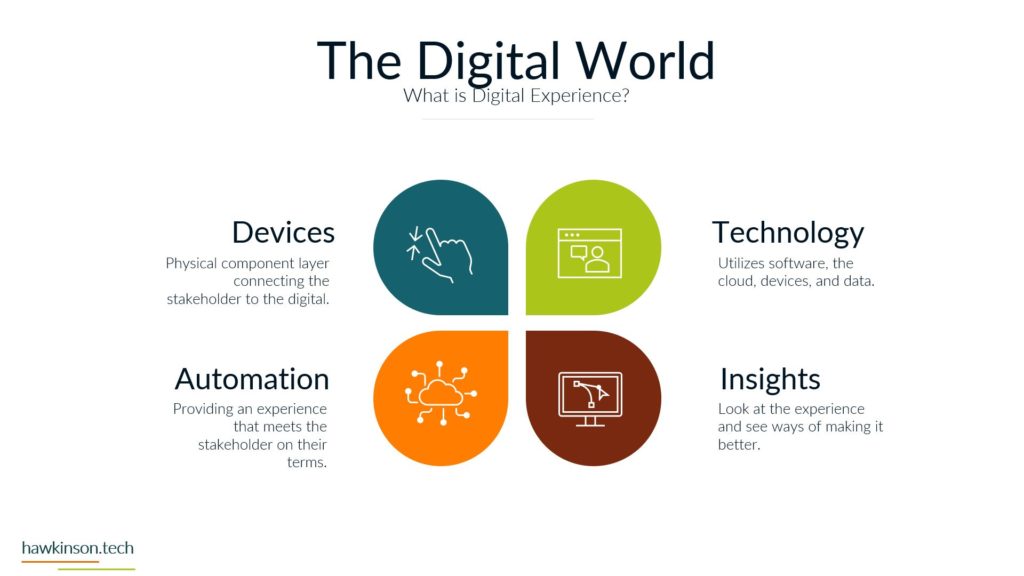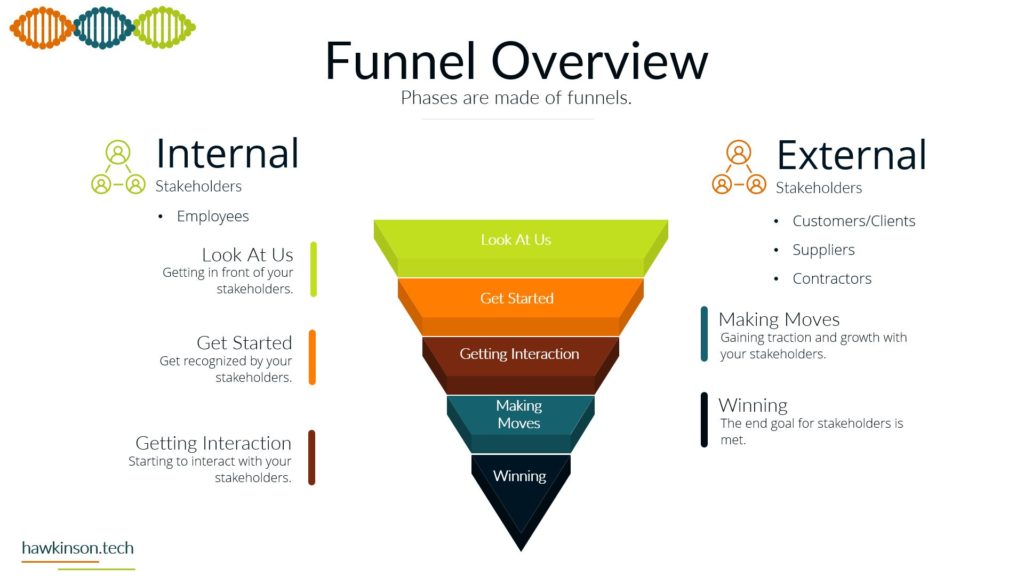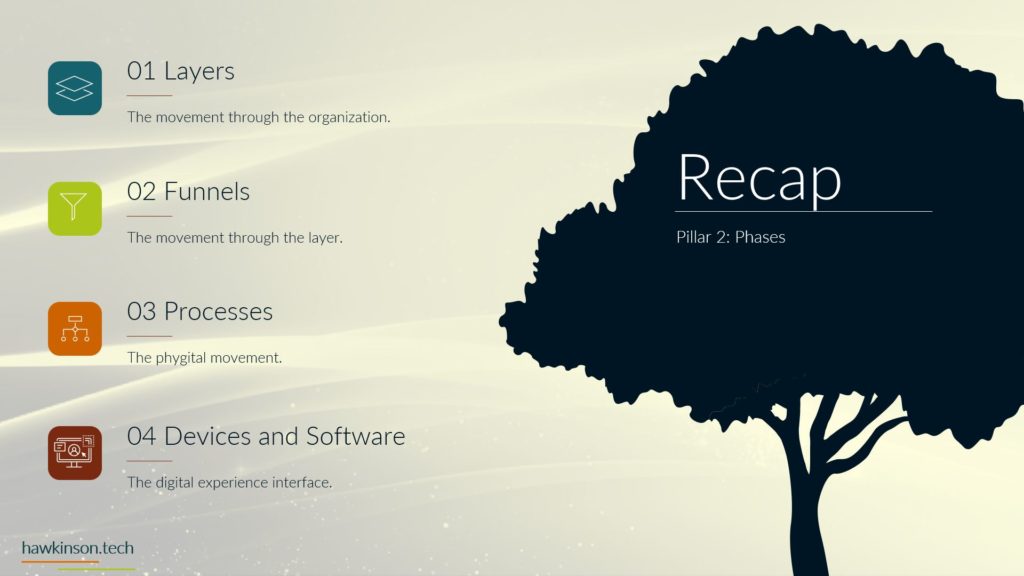Introduction
Organizations must go beyond merely providing products or services in today’s digital landscape. The global economy has shifted its focus towards the experience of interacting with businesses. This article explores the concept of the experience economy and its implications for organizations. From understanding stakeholder demands to competing on experience, we will uncover the key factors contributing to building exceptional digital experiences.
Competing on Experience
In the experience economy, every organization, regardless of size or industry, must offer engaging and captivating experiences. This section emphasizes creating memorable experiences within an organization’s environment. Whether it’s the thrill of a physical store visit or the joy of browsing online, organizations need to evoke emotions and craft unique experiences to differentiate themselves. Discover how competing on experience, rather than solely on price, helps capture stakeholders’ attention and build lasting relationships.
Charging for Experiences
An intriguing aspect of the experience economy is the possibility of companies charging for the experience itself. We delve into this concept and explore how organizations can monetize their unique value proposition by offering ancillary experiences. Through examples like Nike, we discover the potential for organizations to go beyond traditional product offerings. Learn how showcasing different aspects of the organization, refurbishing spaces, and curating thematic experiences can captivate stakeholders and elevate the brand’s position in the marketplace.
The Universal Need for Experience
In today’s business landscape, delivering a positive experience is essential for every organization. Even dominant market players cannot afford to overlook the significance of the stakeholder experience. We explore how organizations must prioritize creating exceptional experiences that resonate with stakeholders. Drawing inspiration from movies and theme parks, where experiences are intentionally curated, we highlight the importance of consistency and engagement across various touchpoints. Find out how organizations can build trust and stand out by providing consistent and immersive experiences.
Consistency and Coherence
To establish a strong and memorable experience, organizations must prioritize consistency and coherence across all interactions. From blog posts to customer service, every touchpoint must align with the desired experience. This section explores the significance of maintaining a cohesive experience and provides insights on aligning messaging and actions. Discover how consistency and coherence foster trust and help stakeholders understand and appreciate an organization’s unique value proposition.
The experience economy has transformed how organizations engage with stakeholders in the digital era. Merely offering products or services is no longer sufficient. Stakeholders expect immersive, emotional, and memorable experiences throughout their interactions. Organizations can position themselves as leaders in their respective markets by understanding the demands of the experience economy, competing on experience, and delivering consistent and coherent experiences. This article has explored the concept of the experience economy, emphasizing the necessity for organizations to prioritize building exceptional digital experiences. In the next section, we will recap these key learnings and delve into the first pillar, laying the foundation for a successful digital experience journey.


